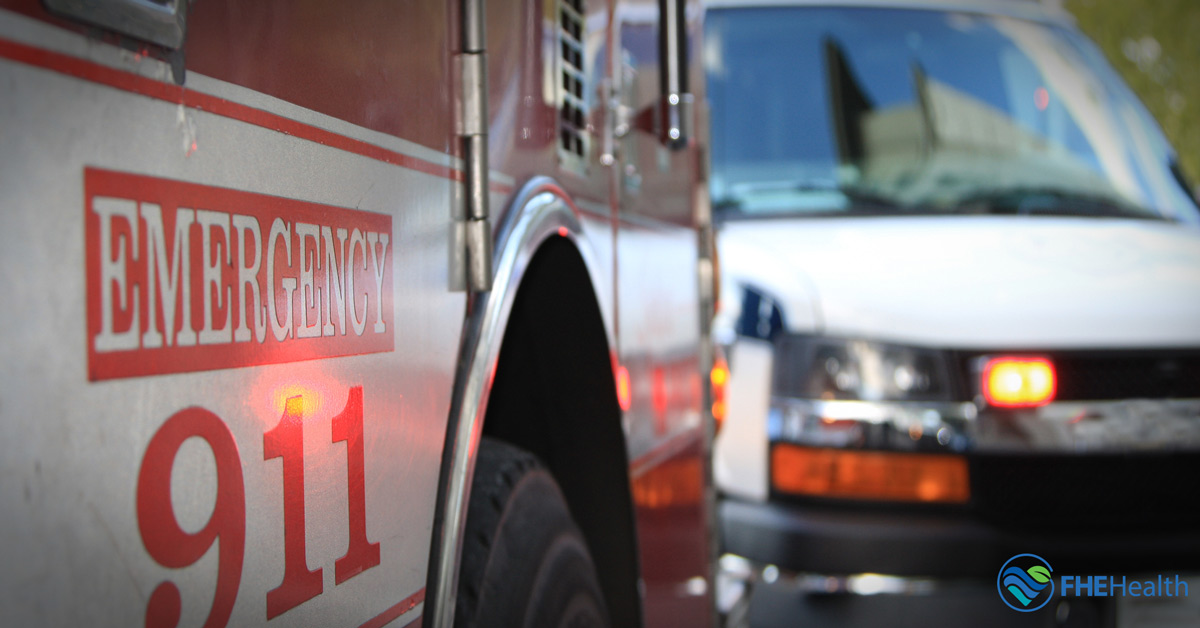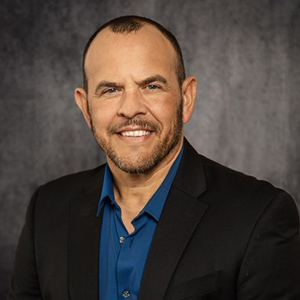
This article has been reviewed for accuracy by our peer review team which includes clinicians and medical professionals. Learn more about our peer review process.
Trigger Warning: This article contains language about overdose that could be triggering for some people.

The overdose epidemic in this country has continued to outpace itself. Drug overdose deaths, most of which were opioid-related, hit a new high in 2022. For every one of these 109,000 deaths, there were many more non-fatal deaths, according to data from the Centers for Disease Control.
Meanwhile, the breathtaking scale of this epidemic can sometimes eclipse the more intimate, on-the-ground reality of an overdose as it unfolds in real people’s lives. This often greatly affects not just the individual and their family and friends but the professionals whose job is to respond to the emergency.
Retired police commander Patrick Fitzgibbons was one of these professionals. During a law enforcement career spanning more than two decades, he was often dispatched to overdose scenes. Today, he advocates for first responder mental health on his podcast CJEvolution and as a national outreach liaison for FHE Health, having found recovery through Shatterproof at FHE Health, a specialized program for first responders.
Fitzgibbons recently shared his experiences of what it was like during an overdose response and how those events impacted him, sometimes profoundly. For those highlights and more, check out the below Q&A with Fitzgibbons.
When a First Responder Receives an Overdose Call
Can you describe what it’s like to respond to an overdose call?
These calls are very time-sensitive for obvious reasons. Unfortunately, I responded to many overdoses in my career, and not everyone survives. The primary thoughts in my mind when I responded to these calls were getting there in time to hopefully assist in saving a life and the safety of the other first responders involved.
The Protocol for What to Do in Overdose Emergency
What is it like arriving on the scene of an overdose, and what is the general protocol you’re supposed to follow as a first responder?
As you can imagine, emotions can run high in these types of situations. Often there will be family and friends who are on the scene and who have found the victim. These situations can also involve nefarious people who may still be present and are also under the influence. A critical challenge for a first responder is scene security. Overdose scenes can be very dangerous, because the first responders not only have to assist the victim but make sure the scene is and remains safe. There have been cases where first responders were exposed to harmful substances and in some cases, have even overdosed by coming in contact with fentanyl.
After the scene is secured and after initially assessing the person experiencing an overdose, the officer can utilize Narcan (naloxone) which law enforcement officers carry. Narcan is an “opioid antagonist,” meaning it can often reverse the effects of an overdose long enough to get the patient to a higher level of care. Once Narcan has been administered, officers will take the victim to the hospital to continue the overdose investigation.






